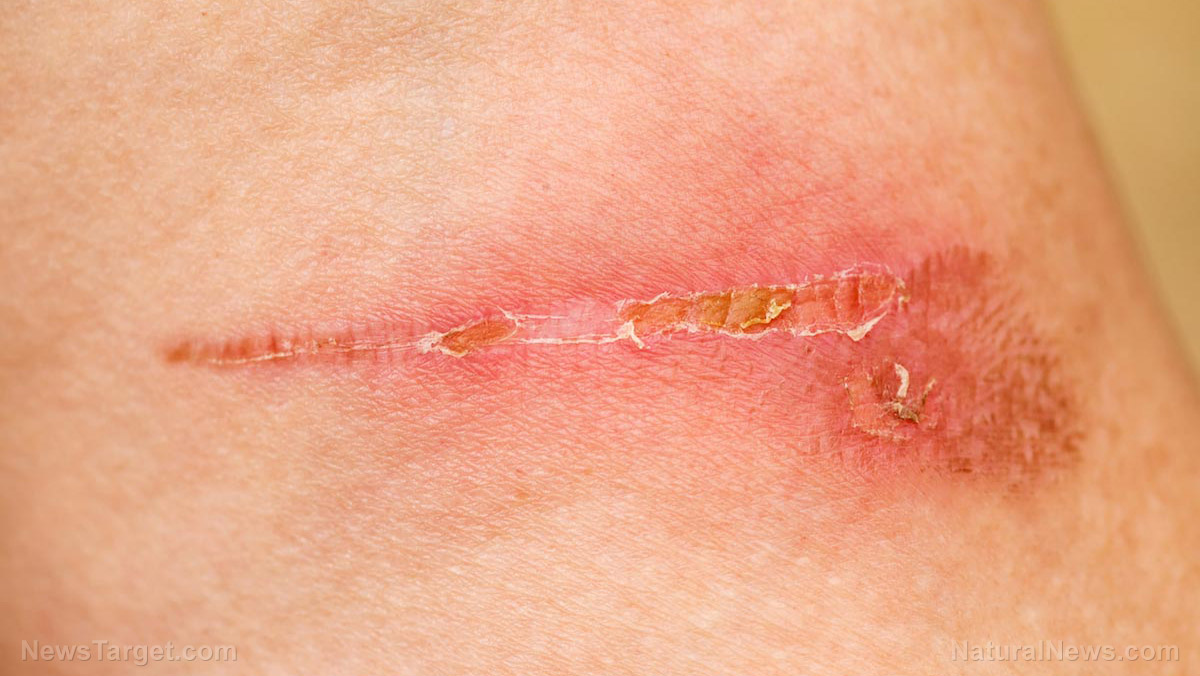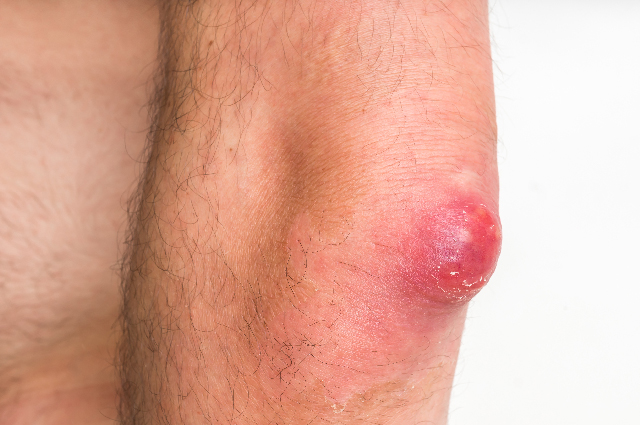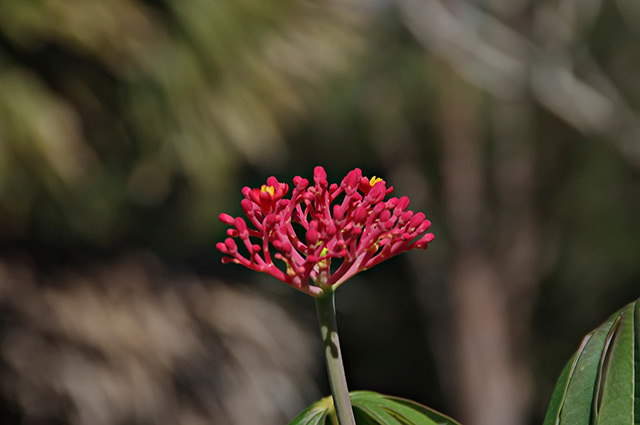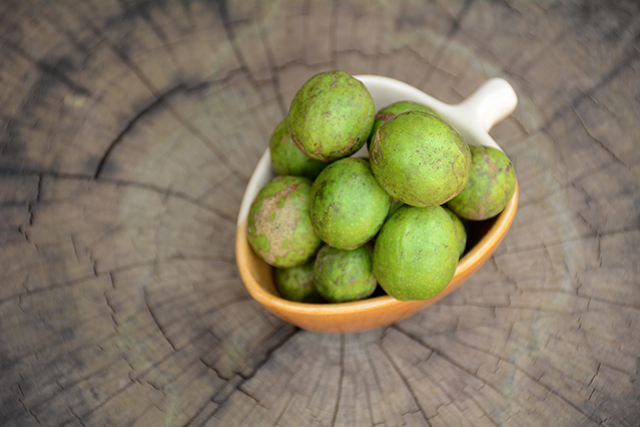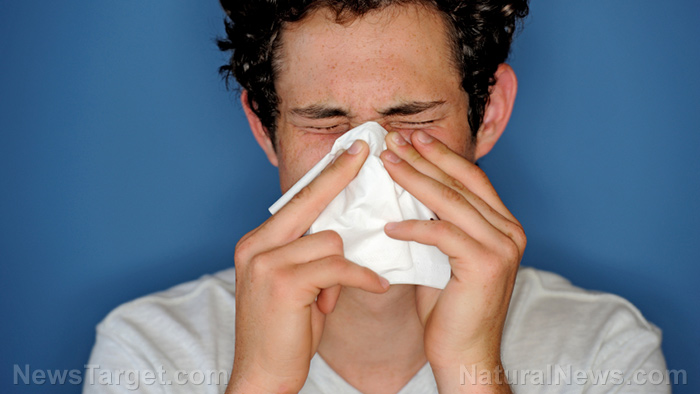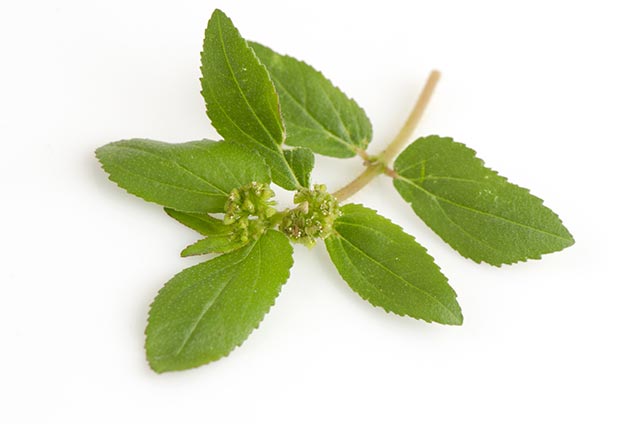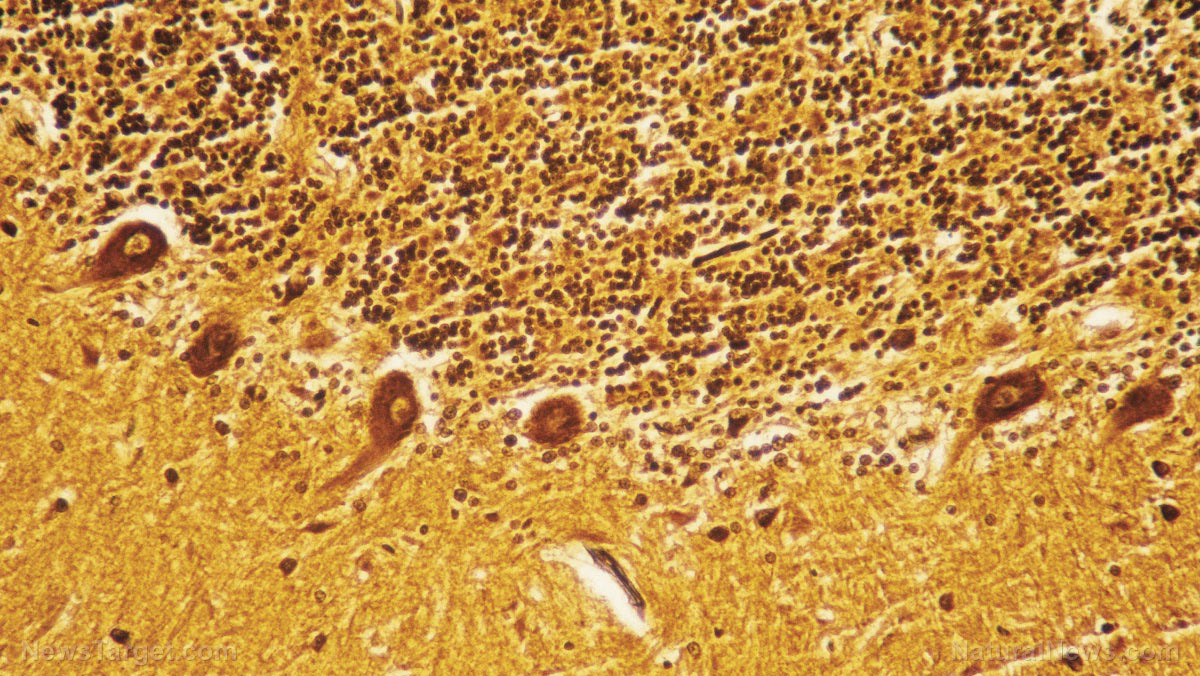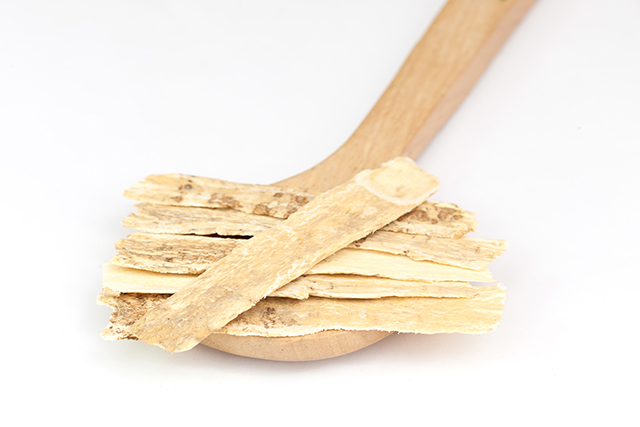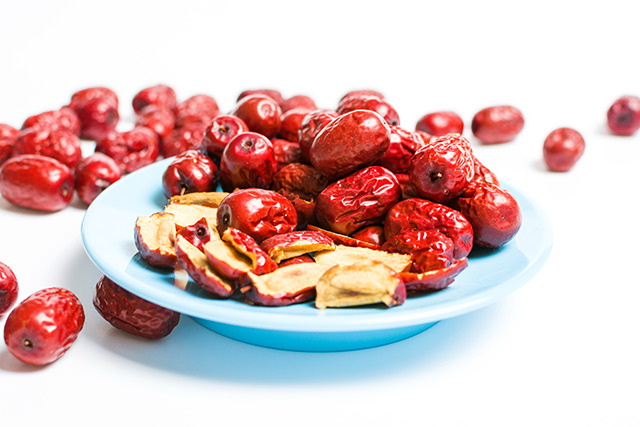Scientists say eating your own boogers boosts immune function
04/29/2017 / By Bridgette Wilcox

The next time you’re looking for a natural health boost, you don’t need to see further than your own nose or, more specifically, your own snot, scientists claim. A new study has revealed that nasal mucus — more commonly known as boogers or snot — is chock full of bacteria that can be beneficial for immune health, says new research. The study also found that snot could even potentially improve the respiratory, gastrointestinal, and immune systems. As recently reported on DailyMail.co.uk, researchers from Harvard University and the Massachusetts Institute of Technology are exploring the possible medical uses for nasal mucus. Their study found that nasal mucus contains good bacteria that helps protect the teeth from cavity-causing germs when eaten.
The researchers’ findings also hint that nasal mucus may contain prophylactic properties that could protect the body from more serious health problems such as stomach ulcers, lung infections, and perhaps most significantly, HIV – an effective cure for which has eluded doctors and scientists for years.
“Booger” wonderland
While the study is groundbreaking, it is not the first time that the reviled bodily secretion has inspired curiosity among scientists and doctors. An article on CBC.ca reported on a hypothesis by Dr. Scott Napper, a Professor of Biochemistry at the University of Saskatchewan in Canada. According to the article, Napper was intrigued by the natural inclination of children to pick out their snot and eat it. This led him to the theory that ingesting snot may be the body’s way of educating the immune system about the environment its in.
Napper’s booger theory is in accordance with the hygiene hypothesis, a popular medical theory. According to a study published on Clin Exp Immonul, the hygiene hypothesis posits that lack of exposure to bacteria as a child compromises the development of one’s immune system, making one more vulnerable to allergies and autoimmune diseases. To put it simply, under the hygiene hypothesis, children that are too clean grow up with a lot of allergies.
The hypothesis has been supported by countless studies done all over the world. One study by the American Academy of Pediatrics found that allergic diseases were less prevalent in children from families who washed dishes by hand, which is a less efficient cleaning method than machine dish washing. At the same time, another study published on The New England Journal of Medicine compared the immune systems of Amish and Hutterite children. Amish and Hutterite communities share the same farm-based lifestyle and genetic ancestry, though unlike the traditional Amish, Hutterites are known to use machine-based farming methods. The study found that asthma is significantly less prevalent in Amish children, whose traditional, technology-free lifestyles, and proximity to farm animals expose them to various microbes. The Amish children were also found to have naturally stronger immune systems.
If snot’s health benefits are proven, ingesting it becomes one of many natural ways to improve your immune system. The good news is, if you want to boost your resistance without having to chew on your own nose candies, there are many other natural methods you can try. Other (less disgusting) ways to strengthen your immunity include eating raw fruits and veggies, drinking enough water, eating garlic, getting enough sleep, and getting enough sunlight.
At any rate, whether you end up eating your snot or not, clearing your nose of nasal mucus build-up can be a healthy habit. One way to do so is through nasal irrigation via a neti pot. The ancient practice, which originated from India, involves the use of a contraption – the neti pot – which is similar to a teapot. The neti pot is filled with warm water and sea salt. The mixture is then poured through one nostril and expelled through the other while passing through the nasal cavities. The practice has been known to help alleviate allergies in both children and adults.
Read more about natural health remedies on MindBodyScience.news.
Sources include:
DailyMail.co.uk
CBC.ca
NCBI.NLM.NIH.gov
Pediatrics.AAPPublications.org
NEJM.org
Tagged Under: boost immune system, immune system, natural immunity




